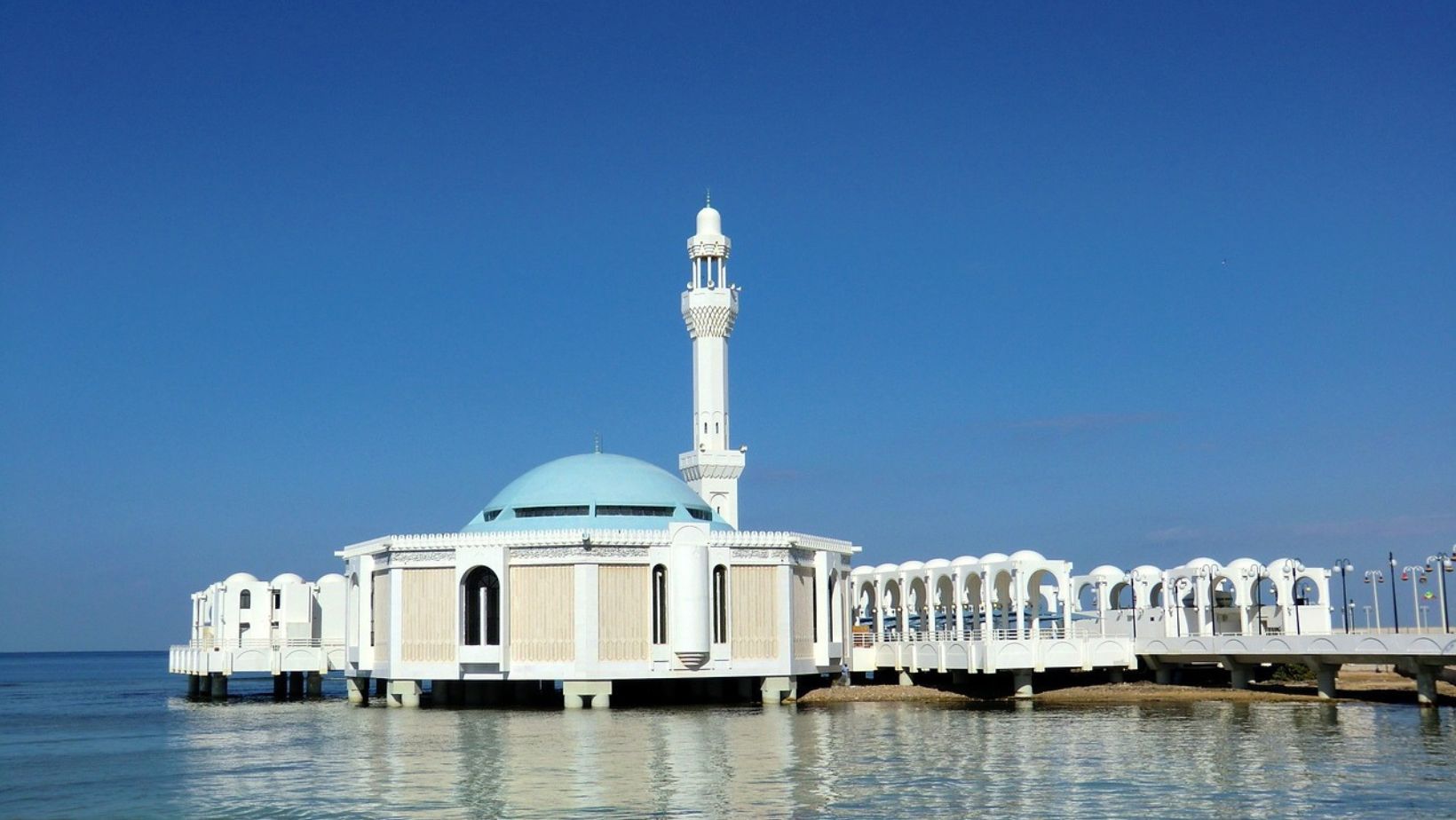
Table of Contents
ToggleExperience the spiritual tranquility of the Adzan Subuh Palembang. It’s a unique Islamic ritual that resonates through the city’s streets at dawn, serving as a beautiful reminder of faith and devotion. This early morning call to prayer is a significant part of Palembang’s cultural identity.
The Adzan Subuh Palembang isn’t just a religious practice; it’s a symphony that awakens the city, intertwining with Palembang’s history and traditions. It’s an integral part of the local lifestyle, shaping the daily rhythm and uniting the community in a shared spiritual journey. Stay tuned as we delve deeper into the fascinating world of the adzan subuh in Palembang.
Adzan Subuh Palembang
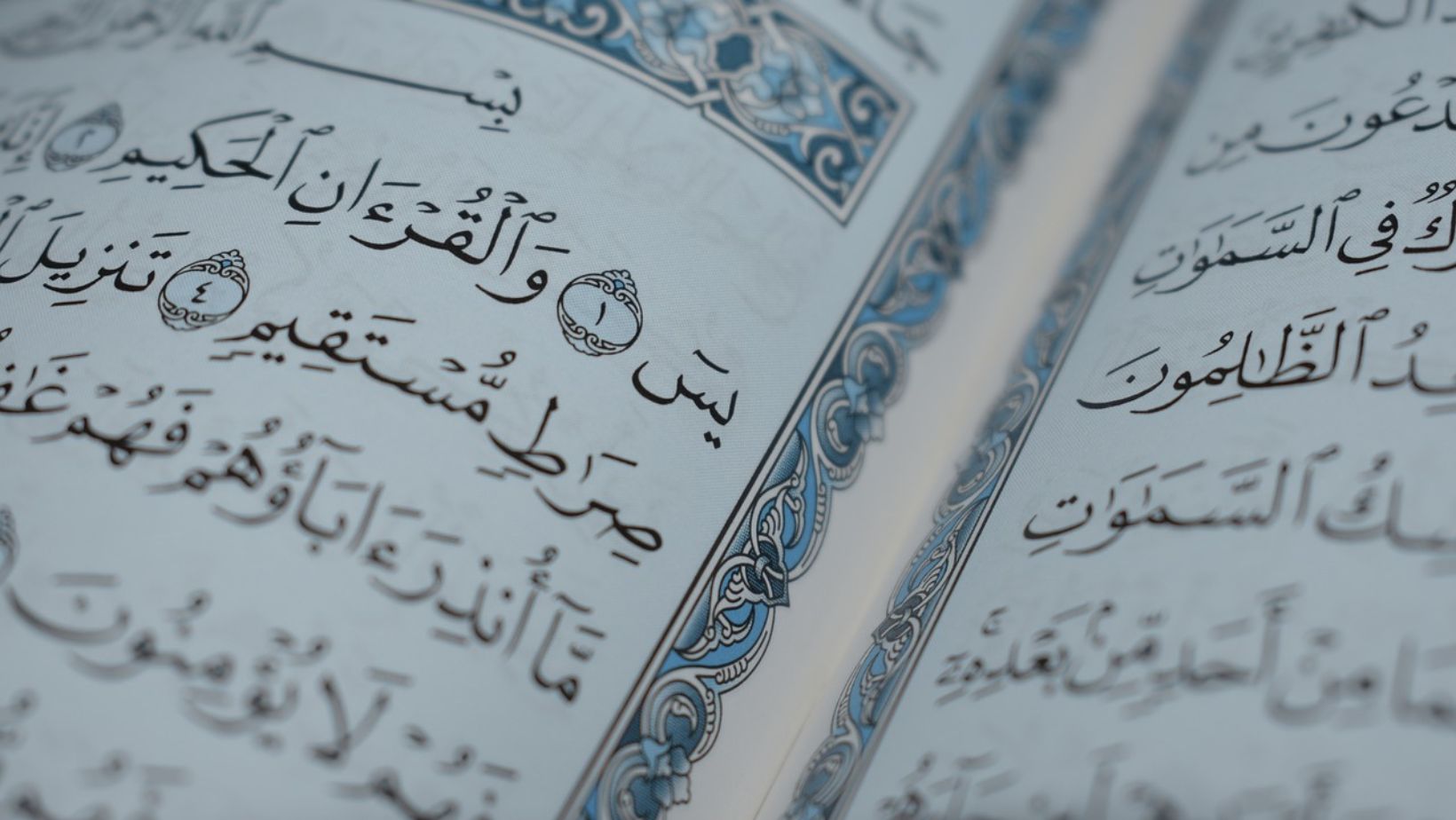 The impact of the Adzan Subuh on the Islamic community is profound. This daily prayer is a cornerstone of faith for Muslims worldwide. But it’s in cities like Palembang where it’s presence becomes particularly powerful.
The impact of the Adzan Subuh on the Islamic community is profound. This daily prayer is a cornerstone of faith for Muslims worldwide. But it’s in cities like Palembang where it’s presence becomes particularly powerful.
One can feel the importance of Adzan Subuh in the harmony it creates. It’s more than a call for prayer. It’s an affirmation of unity and peace within the Muslim community that transcends the physical world. The divine tones of the Adzan resonate through the city, echoing a sacred vibration that connects every muezzin, every mosque, every home.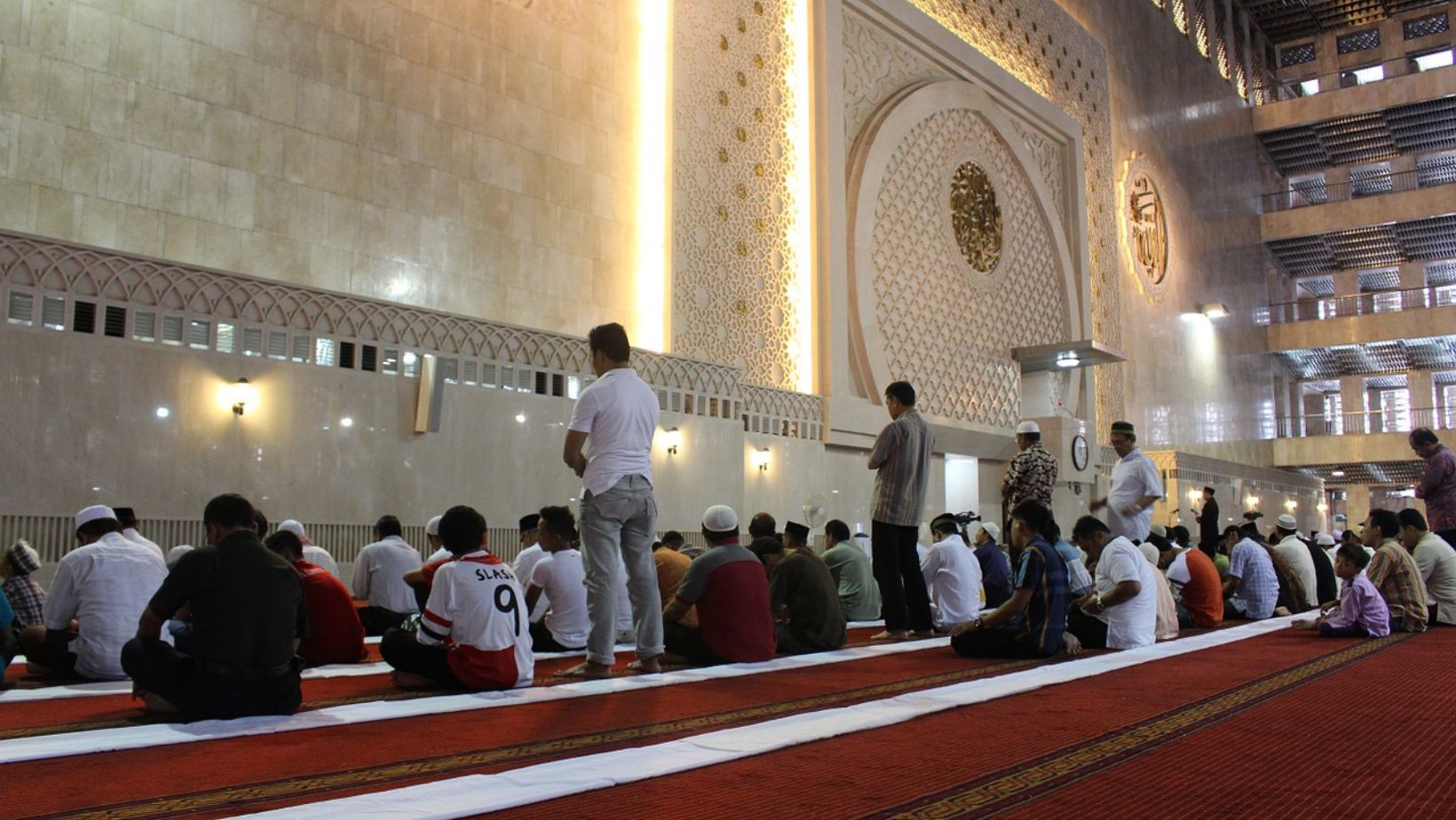
The Adzan Subuh also serves as a connection to history. From the ornate mosques of the past to the contemporary architecture of the present, the resonating call of the Adzan binds them together. This historical and spiritual connection weaves a story that’s rooted in faith and sacrifice, upholding the traditions of Islam.
The Significance of Adzan Subuh in Palembang
Stretching far beyond being a simple call to prayer, the Adzan Subuh has carved a profound influence on the lives of the faithful in Palembang. This integral component of Islamic practice reinforces unity, peace, and spiritual tranquility, marking the beginning of each day with a resonating reminder of faith. In Palembang, the Adzan Subuh is not just heard, but also deeply felt, echoing a narrative of faith, sacrifice, and tradition.
Historical Background of Adzan Subuh in Palembang
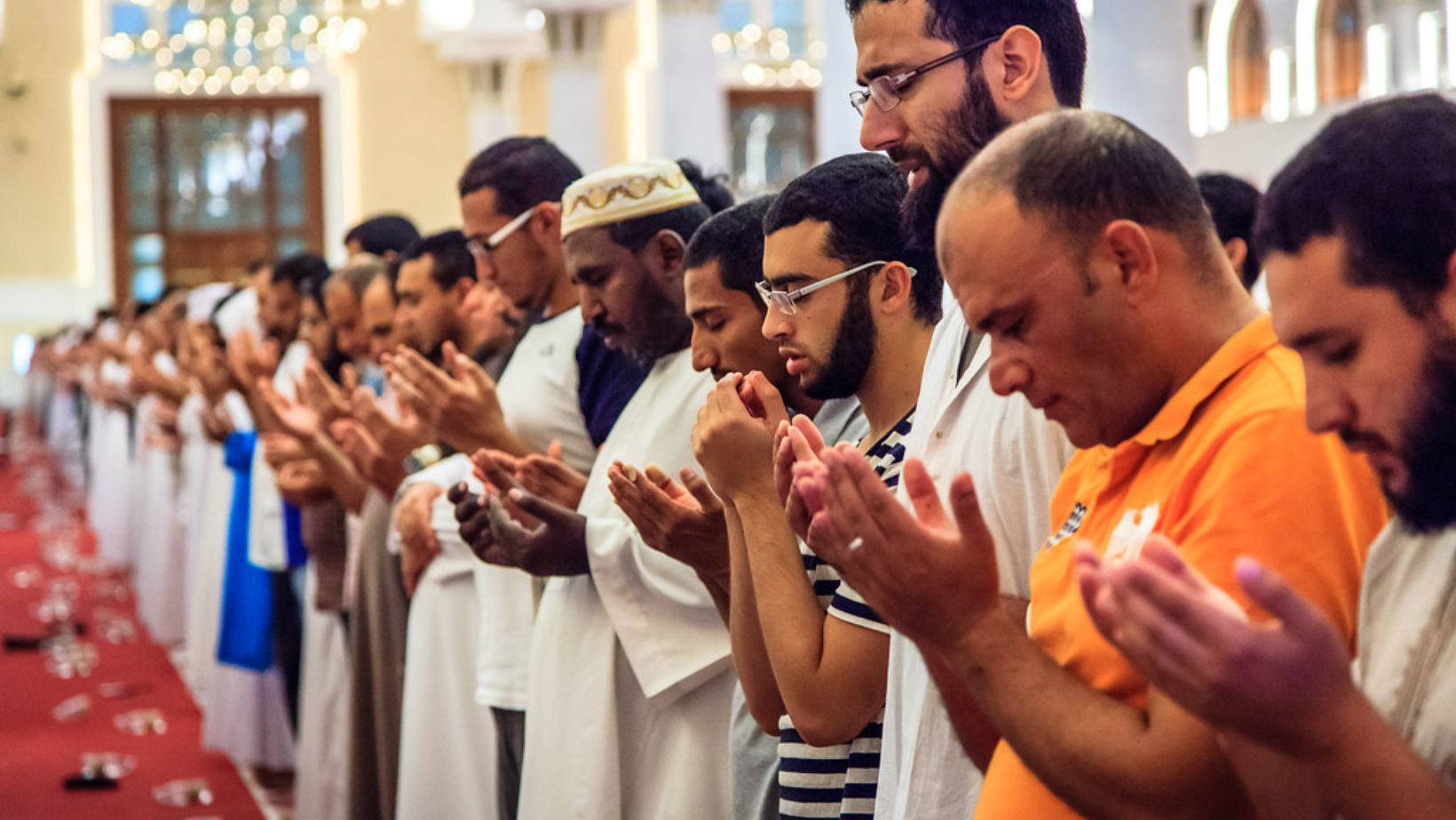 Centuries of tradition pave the way for the significant role of Adzan Subuh in Palembang. From its inception, the city has been marked by the distinct sound of the Adzan Subuh, a call echoing throughout the city each dawn. This resounding prayer ties the city’s present to its past, creating a connection that bridges the gap between the old and the new. It’s a way for the people in the city to touch their roots each morning, reminded of their forebears who have uplifted the same prayer in ages past. In countless mosques across the city, each call to prayer is a testament to Palembang’s vast Islamic history, symbolizing a timeless link to their ancestry.
Centuries of tradition pave the way for the significant role of Adzan Subuh in Palembang. From its inception, the city has been marked by the distinct sound of the Adzan Subuh, a call echoing throughout the city each dawn. This resounding prayer ties the city’s present to its past, creating a connection that bridges the gap between the old and the new. It’s a way for the people in the city to touch their roots each morning, reminded of their forebears who have uplifted the same prayer in ages past. In countless mosques across the city, each call to prayer is a testament to Palembang’s vast Islamic history, symbolizing a timeless link to their ancestry.
Cultural Impact of Adzan Subuh in Palembang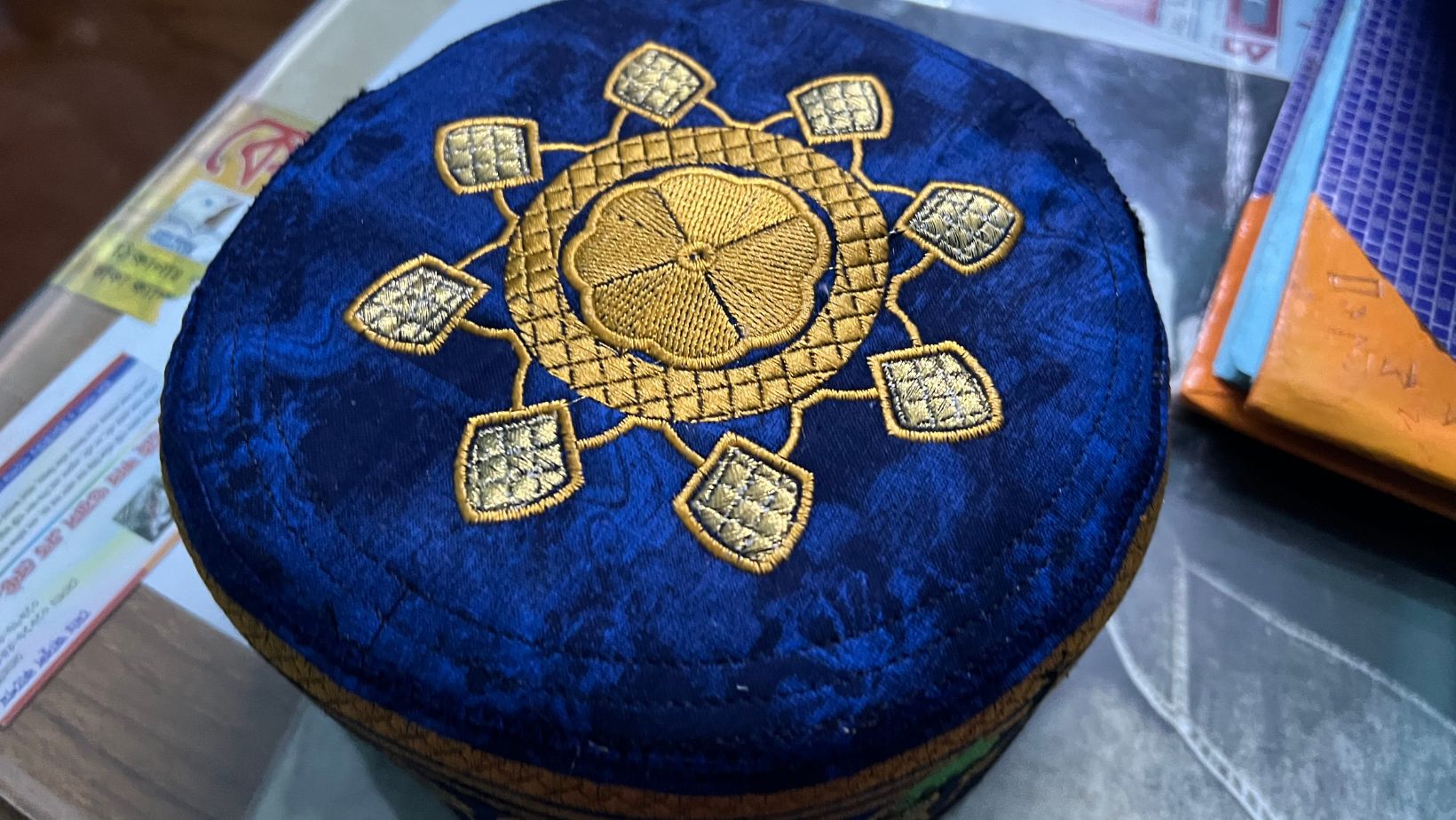
The effects of the Adzan Subuh Palembang spill far beyond the mosques’ walls, shaping the city’s unique cultural context. This community-wide prayer fosters a strong sense of togetherness and peace, binding the residents of Palembang in a shared spiritual practice. It’s an audible symbol of unity and faith that resonates amidst the city’s daily hum of activity, subtly shaping Palembang’s identity.
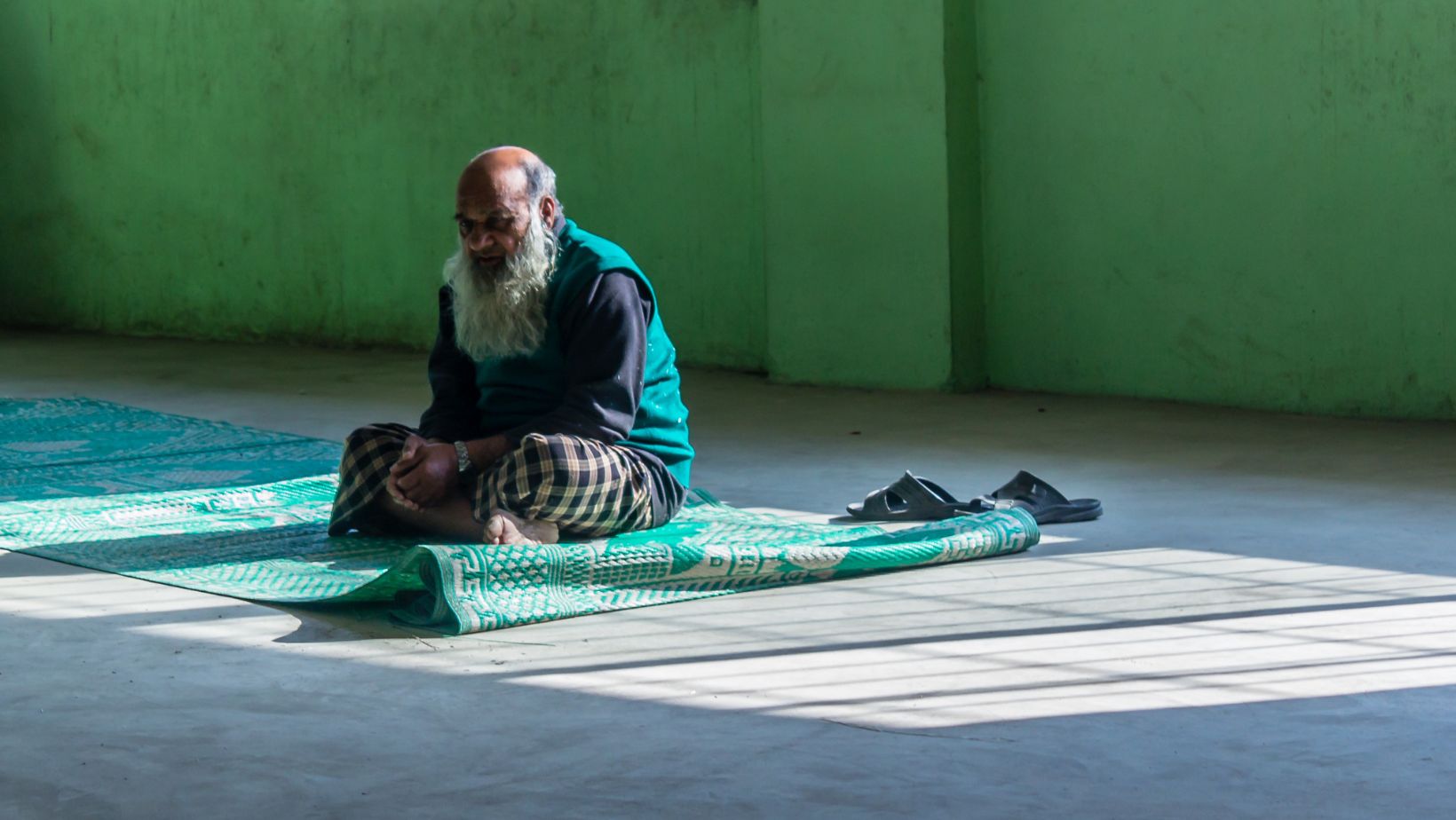 Through this daily ritual, the spirit of community and brotherhood gets reaffirmed, threading a bond that strengthens the societal fabric of the city. The call of Adzan Subuh is not just a religious act; it’s a symbol of shared identity that helps shape the city’s cultural and social dynamics. It affirms the quintessential Islamic principle of unity that plays a crucial role in preserving the harmony and peace amongst diverse communities across the city.
Through this daily ritual, the spirit of community and brotherhood gets reaffirmed, threading a bond that strengthens the societal fabric of the city. The call of Adzan Subuh is not just a religious act; it’s a symbol of shared identity that helps shape the city’s cultural and social dynamics. It affirms the quintessential Islamic principle of unity that plays a crucial role in preserving the harmony and peace amongst diverse communities across the city.
Rituals and Practices Associated with Adzan Subuh
The Adzan Subuh is more than a mere ritual; it’s a spiritual routine that tells a story of faith, spirituality, and unity. Understanding its process, etiquette, and its role in daily life shines a light on how deeply-rooted it is in the consciousness of the community.
Process of Performing Adzan Subuh
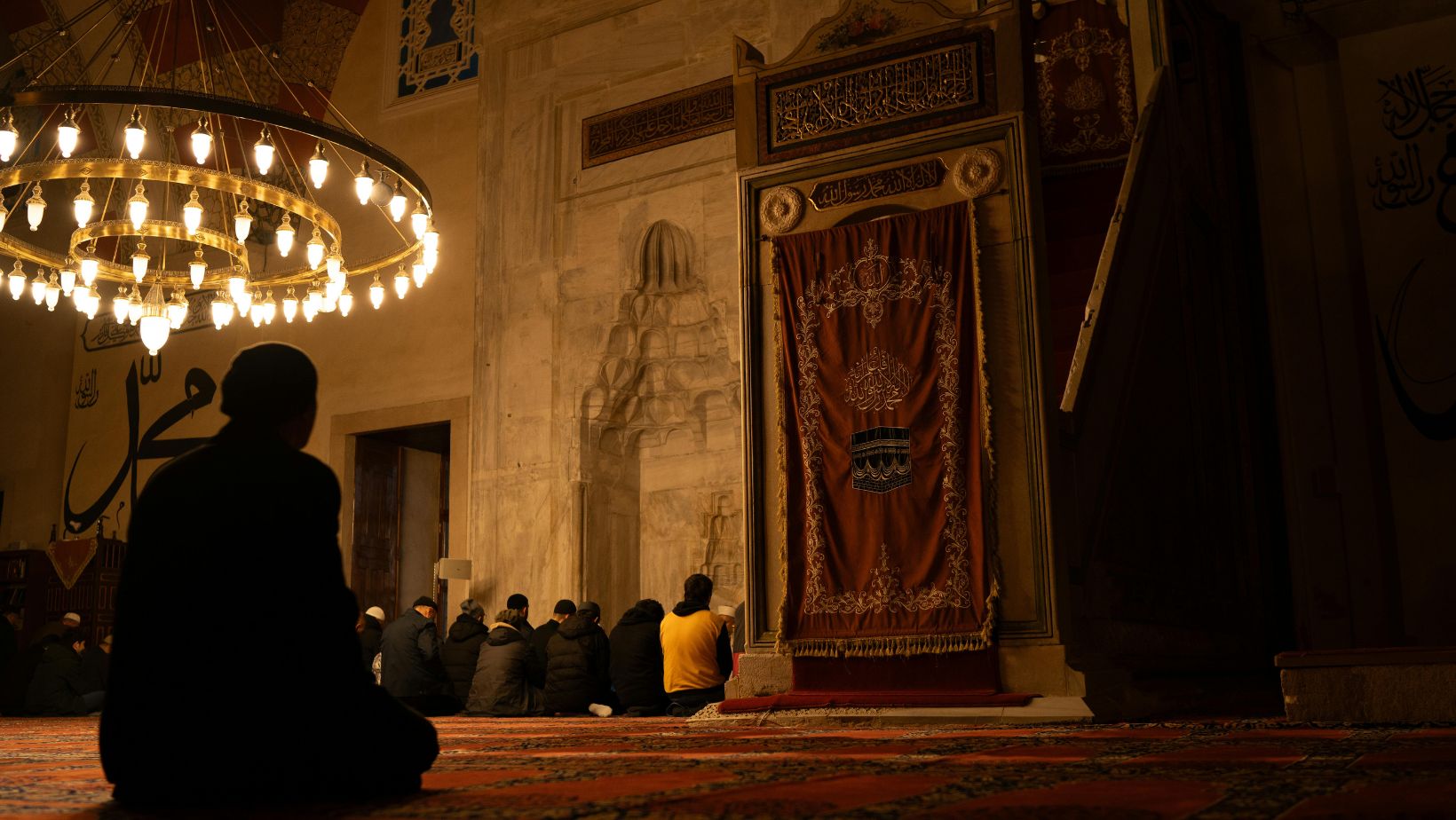 Performing the Adzan Subuh Palembang requires an extensive understanding of Islamic traditions. Typically, the Muezzin, the person responsible for calling to prayer, carries out this task. Before dawn, he ascends to the highest point in the mosque, ensuring that the call reaches everyone. Their role doesn’t just entail announcing the time for prayer, but also helping to facilitate the societal harmony and spiritual tranquility achieved through this ritual.
Performing the Adzan Subuh Palembang requires an extensive understanding of Islamic traditions. Typically, the Muezzin, the person responsible for calling to prayer, carries out this task. Before dawn, he ascends to the highest point in the mosque, ensuring that the call reaches everyone. Their role doesn’t just entail announcing the time for prayer, but also helping to facilitate the societal harmony and spiritual tranquility achieved through this ritual.
In conjunction with the performance of the Adzan Subuh, the Muezzin utters specific lines in Arabic, paying heed to the spiritual symbolism embedded in each word. The call has been kept equivalent throughout centuries, echoing every morning as a constant reminder of faith.






